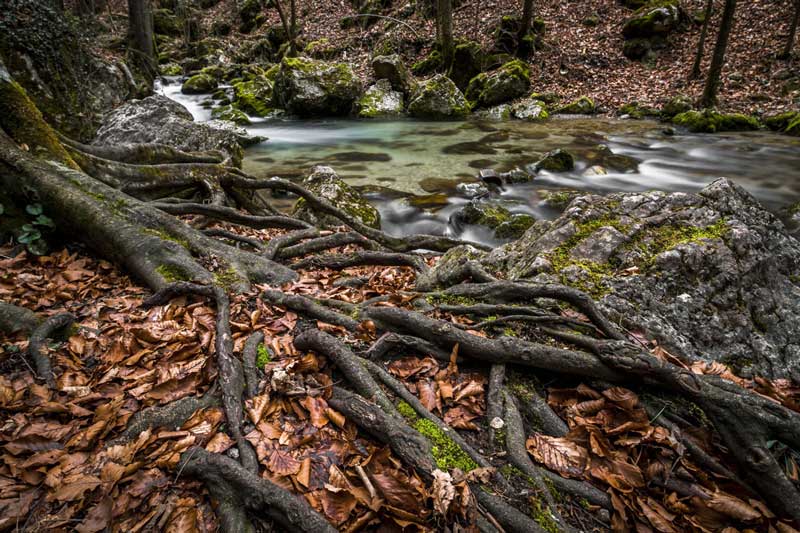
Water runs through every aspect of our daily life. It can be used to purify and clean, but also for pollution and destruction. Water is intimately linked to our well being, food production, energy, and also economic growth.
With some 25 years of environmental consulting experience on about 1000 contaminated sites in Australia, I feel compelled to provide feedback to the community and industry to enable changes in the way we relate to our environment. Quite simply, we all need to keep our land and water clean for this generation, and the next.
Water dissolves and transports all sorts of waste and chemical substances from our cities, roads, industry, homes, farms and into our stormwater, groundwater and water ways. Even small quantities of dissolved chemicals (parts per million, 0.0001%), litter, and heavy metals can be harmful and accumulate in our ecosystems and food supply. Environmental pollutants are difficult or cost prohibitive to remediate when they are dispersed over large land areas, or have reached the ocean. Preventing pollution is such a good solution for our water.
So what can be done and by whom. Education is the key to raise awareness and to facilitate cultural change. The entire community can assist to protect our water by minimising the waste & chemicals we all use in the home, schools and work places (e.g. perhaps greater re-cycling of paper, composting to reduce landfill disposal, less irrigation & fertiliser use by planting native vegetation, using rain water tanks, use of grey/laundry water for gardens, eliminating disposable cups for tea/coffee, using biodegradable chemicals, purchasing local produce). Many waste products and materials can be re-used or re-cycled, so less of or natural resources are consumed.
The stormwater system and water ways are only for clean and clear water (no impurities). Pollution incidences and contamination can be reported by the community to public authorities such as Council and NSW EPA.
Australia is one of the world’s driest inhabited continent, with 50% of our land receiving less than 300 mm/year of precipitation. Evaporation in many places is greater than 2,500 mm/year. By 2030, it is predicted that there will be a 40% shortfall between forecast demand and available water supply in the world. The world is experiencing shortages of water in all continents and conservation of water is becoming more important. Conserving fresh water supply and protecting ecosystems from environmental pollutants will be important in the future to ensure intergenerational equity, biodiversity and to sustain the natural habitat for plants and animals.
How we make our daily choices and how we live will either waste or help to support the water conservation efforts. We are all stewards for the environment and need to work together to protect our water.
Author: Dino Parisotto (Director of Earth2Water Pty Ltd)
Click here to download this newsletter
- 8 May 2017
- Water
